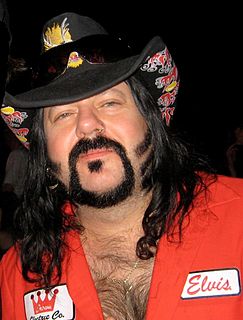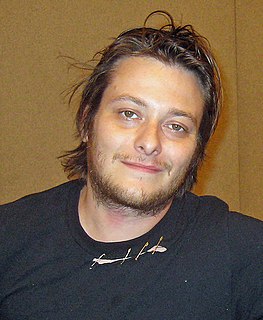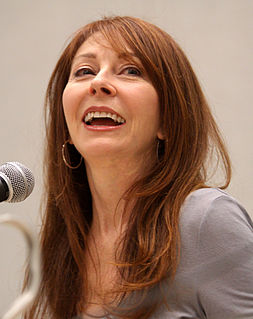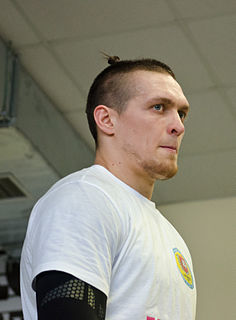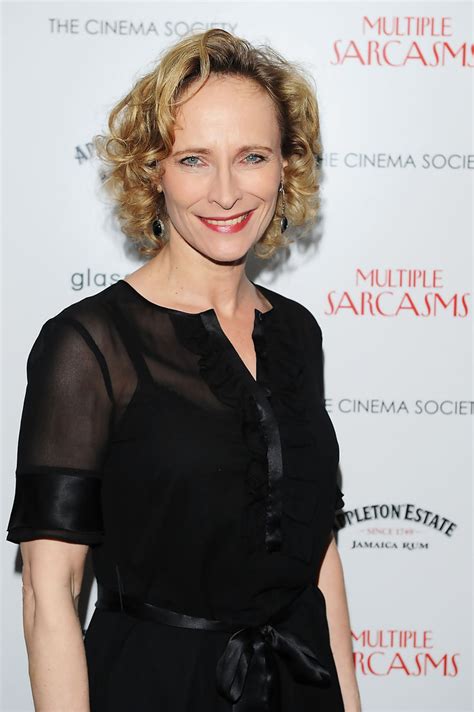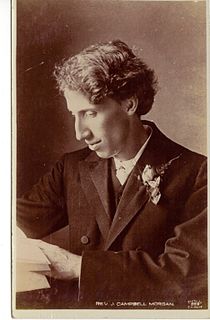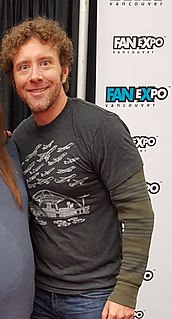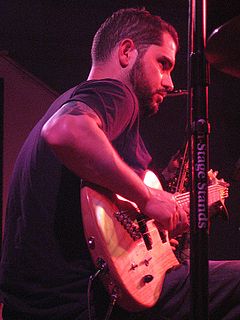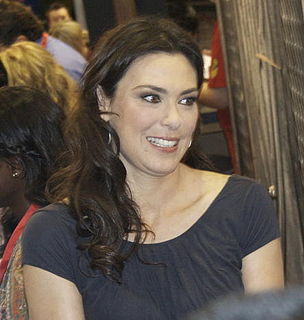A Quote by Vinnie Paul
There are numerous different kinds of drum sounds - some are more ambient and roomy and this, that, and the other, the John Bonham kind of thing. Then there's kinda what I did with Pantera, which was much more attacky, and then with what I did for 'Blood For Blood' on the Hellyeah record is kind of a combination of all of that.
Related Quotes
David's [Cunningham] a very interesting character. He has more integrity than is good for him. So, everything he did after that sort of undermined what he'd done. Other people who kind of took life more cheaply, would have really gone for it. David almost did everything he could to scupper the whole thing, which I very much admire, but of course it was deeply irritating then, because we wanted to make a bit of money! So we made this very catchy tune and then he added a bunch of weird stuff which was all very strange.
As I get older, I'm more willing to take on more, I guess. I feel more comfortable kind of being different characters and kind of stretching it a little more. Like with The Visitation. At least for me, being an actor, I have to draw from human experiences, so it was kind of a stretch playing that role. Kind of supernatural... kind of like what I did in The Crow actually.
I've done all sorts of different kinds of action. We did a thing in 'Blood Diamond,' the attack on Freetown, where I carefully staged the action but did not show the camera operators what we were going to film - so it has the feel of documentary, trying to capture something, and that gave it a whole different feel.
There are two different kinds of spectacular fighters. One is a subtle counter puncher who shows the work like chess. It's kind of an art, sports art. The other kind is when a guy has blood on all his body. That's a second kind of spectacular fighter, and people enjoy both. Both kind of fighters need to be respected.
From meeting Robert Plant, John Bonham, and John Paul Jones, teaming up, rehearsing, playing selected gigs outside of Britain, coming back into Olympic Studios to record the first album, and then going to America, which we crack open like a nut with the debut record - all that happened, literally, within months.
The thing that's good about music-making software like the DAW-kinda systems is that they're all generally the same; the kind of interface is normally laid out in a similar way. Depending on the program, the sounds might be quite different, but they tend to all have a drum machine or synthesizer or a sampler.
I like to use a bit of chaos when I shoot. I think it may be something from the way I shot my first film - I was very scared, of course, and I prepared everything, I wanted to make sure that the characters did the right thing at the right time on the storyboard. But then I realised that in life, there is so much more than what you can predict or write in advance, that when you shoot the story, it's good to leave some gaps where you lose control. I think this combination of chaos and organisation gives a kind of quality.
We were never a band that did 96 takes of the same thing. I had heard of groups that were into that kind of excess around that time. They'd work on the same track for three or four days and then work on it some more, but that's clearly not the way to record an album. If the track isn't happening and it creates some sort of psychological barrier, even after an hour or two, then you should stop and do something else. Go out: go to the pub, or a restaurant or something. Or play another song.
